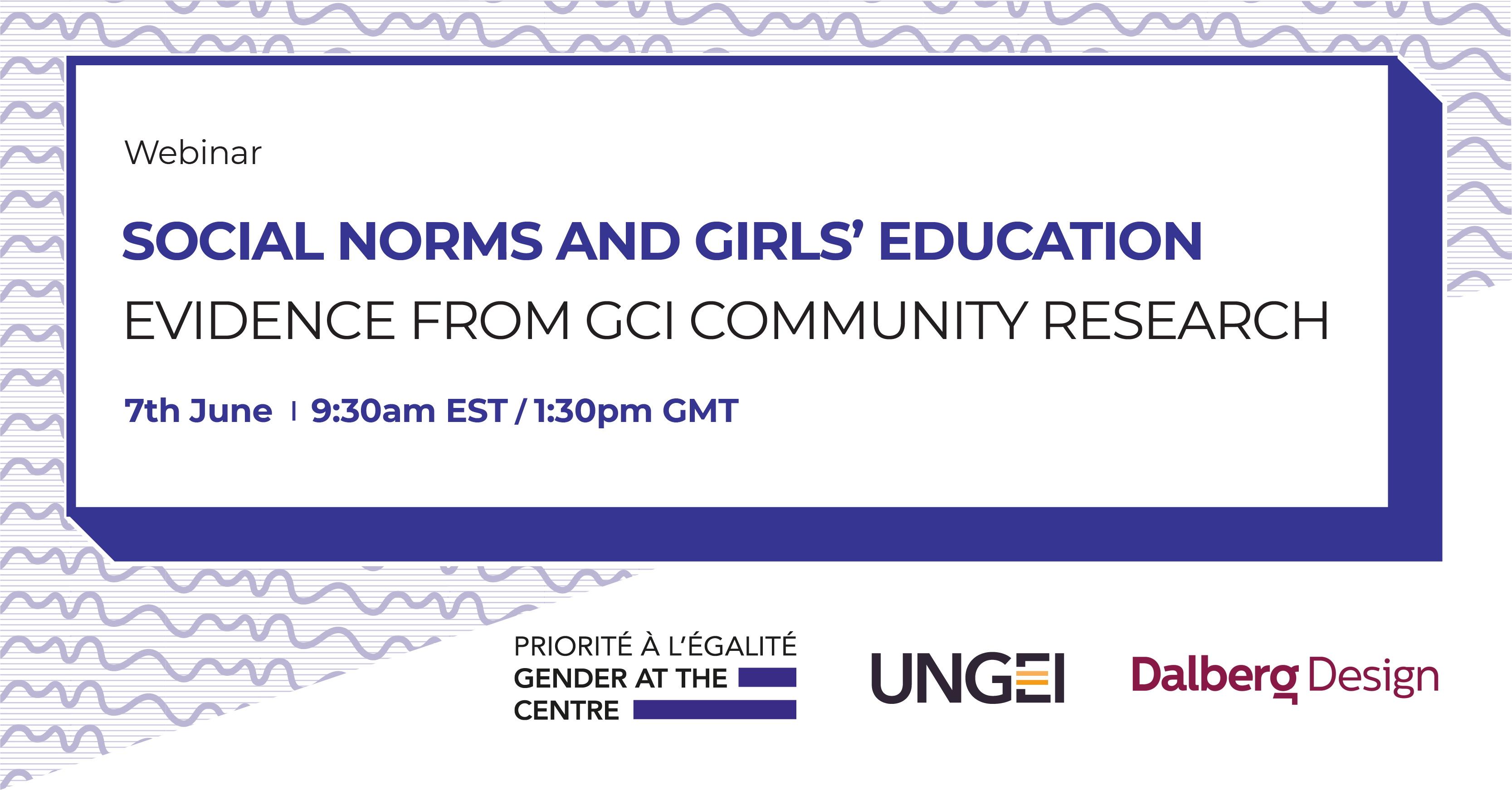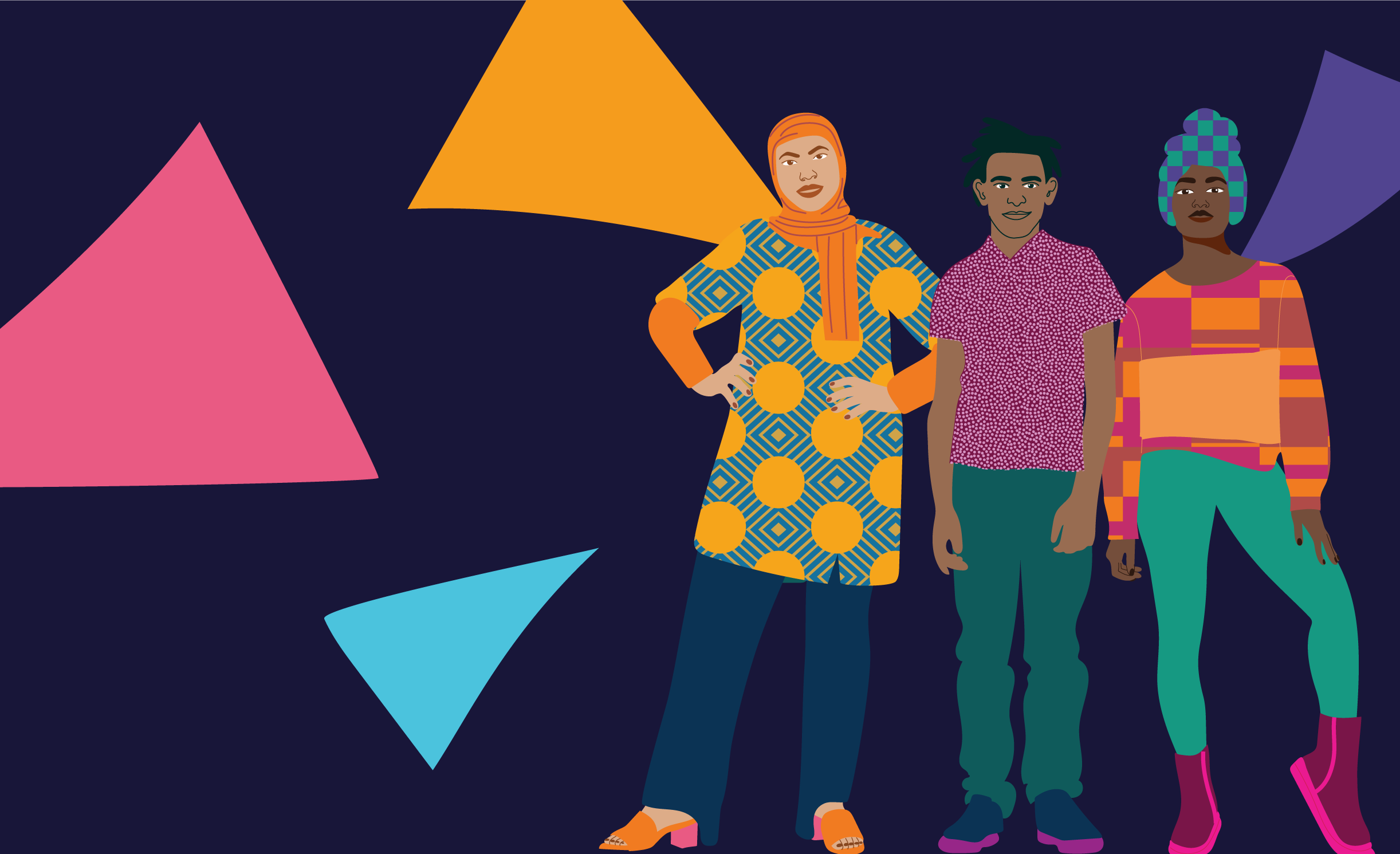On 11 October 2021, UNGEI brought together education and GBV actors, teachers, experts, activists and artists to launch a new campaign to end gender stereotypes. During the launch event, poet, writer and teacher Maya C. Popa performed "The Art of Stars", a poem she had written for International Day of the Girl. The poem is a celebration of the women and girls who changed the course of history with their courage and hope, who defied gender stereotypes and constraints to dream of, and work towards, a better world and future for all of us.

The Art of Stars
What the history books neglect
is that the first astronomers
were women gazing up at depths
and wishing for a different planet.
Pleading with pinpricks
for the glimmer of a promise,
an abacus or alphabet,
a way out of fate that seemed
written not in stars, but stone.
So alone were the women
they invented a language
for each other and for light.
Perched atop the roof
of her father's business
at the Pacific National Bank,
Maria Mitchell discovered
the first American comet.
Leave it to a woman gazing
out the window of the universe
to name the racing fire
splitting the sky. She opened
schools to train girls in math
and science, fought against
slavery and for suffrage.
She knew that hope must
leave a trail, a glow that can
be followed, a lamp by which
the past can write itself onward.
Every woman I’ve known
carries three futures inside her—
the one forged from the present’s
patience, and the longed for one
hung on what might be, if only.
The third, imaginary imminence
of a child’s if she chooses—
our human history in short—
like a star awaiting its turn
in the firmament. Imagine
carrying all of these tenses
inside you and learning
the ones who walked before
kept you from learning at all.
They feared your brilliance,
your way of reading the sky
for signs of falling, the spaces
inside you the opposite of empty.
They could not believe what
was so obvious: that your silence
was capable of moving mountains,
your arms were as strong
as invisible threads that guide
one orb around another.
For what is a star if not proof
that what we think we know
and see, is larger, darker, warmer
than it is? Each woman is a list
of unacknowledged achievements:
to live after bearing life, to outstrip
every opportunity for death, to look
and see the infinite for what it is,
an emptiness filled with light.
And who, time and again, but girls
will save us? Bless their shoulders
that carry the planet, and the heavens,
and the stars which are their art.



 English
English العربية
العربية Български
Български Hrvatski
Hrvatski Čeština
Čeština Dansk
Dansk Nederlands
Nederlands Suomi
Suomi Français
Français Deutsch
Deutsch Ελληνικά
Ελληνικά हिन्दी
हिन्दी Italiano
Italiano Română
Română Русский
Русский Español
Español Maltese
Maltese Zulu
Zulu አማርኛ
አማርኛ